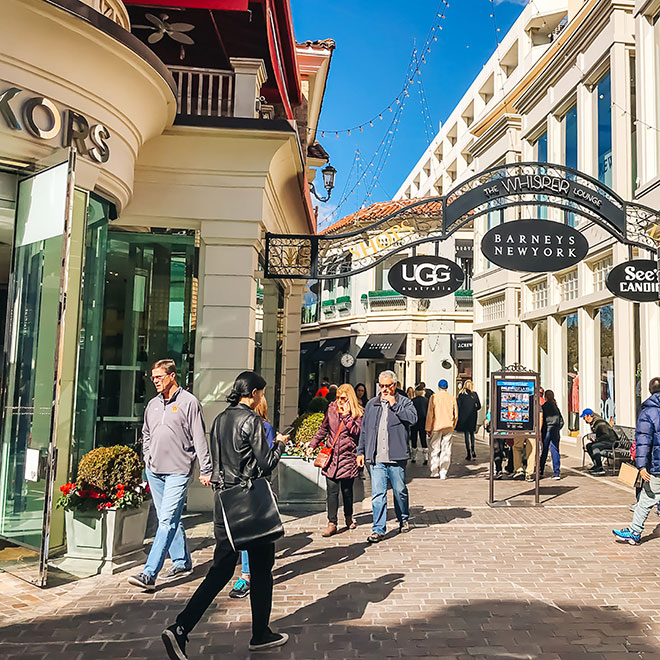
No Greenwashing Available Here
When it comes to people and the environment, IKEA means business
Estimated Read Time: 3 Minutes
Unraveling the Depths: Beyond Furniture at IKEA
What comes to mind when you hear the name of the Swedish company and store, IKEA (other than the great scenes in Fight Club)? Cool, inexpensive furniture, primarily for young people, right? Turns out, as is often the case, we’ve all missed something, and it’s big. That “thing” is an unwavering commitment to the planet and human life. Unlike so many others, the Swedes are not just talking the talk. So why don’t more people know about this?
An avalanche of companies, whether knowingly or not, making empty promises to implement sustainability measures and invest in helping the planet–what’s called greenwashing. The most egregious greenwashing happens annually around Earth Day. The bombardment is endless:

Jesper Brodin’s Vision: IKEA’s Holistic Sustainability
The greenwashing isn’t necessarily all negative. Realizing a problem and owning your contribution towards it is the first step towards a cure. The question though becomes, how much of the projected concern is relevant to the companies’ efforts vs timely annual advertising? In this landscape, IKEA stands out for its authenticity and unwavering commitment to sustainable practices.
Here’s a statement from IKEA parent company (INGKA) CEO, Jesper Brodin:
"The IKEA vision is to create a better everyday life for the many people, and we believe those lives are truly better when they're lived sustainably. This means rethinking and inspiring changes in lifestyle and consumption, as well as adopting new ways of working."
A desire to create a better life for people by building a better environment runs throughout everything IKEA says and does, even at the highest level.
We had the privilege of participating in two of INGKA / IKEA’s brainstorm-to-action sessions on the circular economy, thanks in part to our white paper on re-sale merchandise (check it out here) and appearance on stage with Seana Strawn from IKEA. Conversation at the first brainstorm in NYC focusing on the re-sale / re-use economy was attended by representatives from NYU, Recurate, Levi’s, Macy’s, and Ralph Lauren, to name a few, and was just one of the many forward-thinking groups put together by IKEA under the banner of OHOP (One Home One Planet). Our session at NYC, led by Javier Quinones, CEO and CSO of IKEA U.S., included discussions on the potential for a more circular economy in the world of merchandise.
Learn more about the second session we attended in DC here!

(Javier Quinones – CEO of IKEA US, speaking here on the right — leads an OHOP discussion on the potential for a more circular economy in terms of merchandise)
OHOP's goal is "To foster collaboration and spark action amongst cross-industry leaders to create the climate positive future we all want to be part of."
No greenwashing occurred at this or any other OHOP meetings and although powerful, these meetings are just a small piece of the IKEA green pie. What gets our attention the most is that IKEA’s environmental efforts intend to serve people, which, when you think about it, is really the core of what “Earth Day” is all about. It’s not only clean energy, the Three R’s, and the Circular Economy, it’s ultimately about US. You can read more on IKEA’s goal here.
Thinking back to the first part of Broden's vision statement, "to create a better everyday life for the many people," makes us think, should it be "Earth" Day or "People" Day? Because the truth is, as IKEA so wisely lays out, a better environment is for us and the future us, isn't it?
IKEA’s Longstanding Legacy: A Testimony to Authenticity
A friend of WD who once worked for IKEA commented to us that, “IKEA’s policies are nothing new for the people and planet… [they’ve] been doing it for years since day one… [they’re] market leaders without a doubt.” After spending a day speaking with their teams and understanding how they think, we better understand IKEA’s longstanding mission and completely agree.
So, here’s the Earth Day edict: when you see this and think, “cool looking, inexpensive furniture for young people”:

You should also be thinking this:

No greenwashing allowed here. Keep it up, IKEA, you're the real deal.

 Lee Peterson
Lee Peterson


